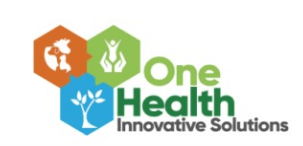One Health Innovative Solutions
The One Health Innovative Solutions (OHIS) is a nonprofit organization dedicated to developing innovative solutions for complex health challenges.
Research and Surveillance
OHIS contribute to improve animal and human disease surveillance in Africa and the effective implementation of a One Health disease.
Education and Training
TDevelopment of training programs for healthcare professionals, veterinarians, and environmental scientists.
Community Engagement
OHIS involve local communities in health initiatives and research, encourage sustainable practices that protect ecosystems and established frameworks for coordinated responses to health crises
Policy Development
OHIS Collaborate with governments, NGOs and others stakeholders to formulate One Health policies, promoting regulations that support integrated health systems in Cameroon and Africa.
SOME Importants events
Here are some of our majors events
OHIS support various activities, including the organization of the First Veterinary Symposium in Cameroon in 2024, the sharing of knowledge and best practices for behavior change through the Webinar and in-person training, participation in national and international conferences and the publication of scientific articles.
VETERINARY SYMPOSIUM 2024
SYMPOSIUM PICTURES
Our Administrative Board
Current list of members of the decision-making body (name, function and affiliation of all the members)

Dr Gaelle MONGKUO
President

Dr. Frédéric Moffo
Secretary General

M KENFON RICHARD
Financial Secretary
Do you wish to collaborate with us ?
We are willingly open to collaborate with majors partners, whose vision and purposes matches with ours
Some of Our Articles
Through these different publications we contribute to the reduction of risks related to endemic, emerging, and re-emerging health threats at the interface of humans, animals, and the environment in Cameroon.
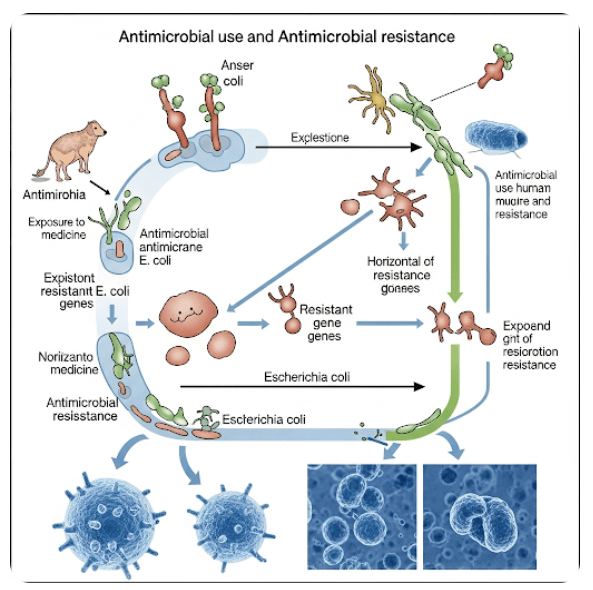
Antimicrobial resistance has emerged as a significant threat to global health, with the World Health Organization (WHO) classifying it among the top 10 public health threats. However, more epidemiological information is needed to support policy and stewardship programs. This study aimed to investigate the antimicrobial resistance profiles of Escherichia coli and Staphylococcus spp. Isolated from locally produced and imported fish sold in markets of Cameroon.
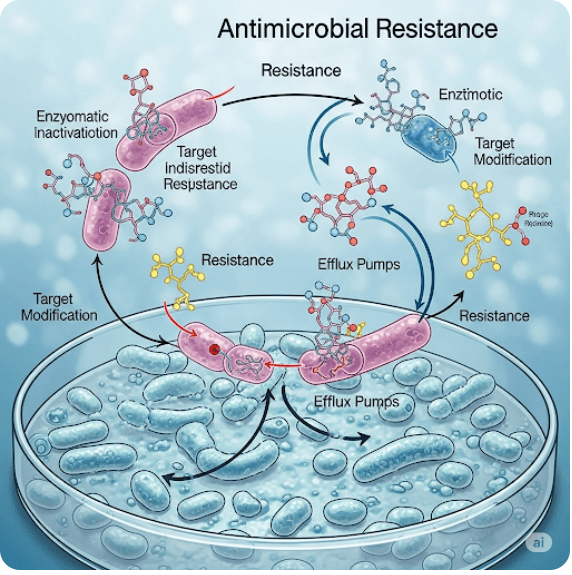
Lack of hygiene and biosecurity measures in poultry farms has influence on the emergence of pathogens and antimicrobial use. Antimicrobial residues in poultry meat and their excretion by poultry can exert a selective pressure and the occurrence of multidrug resistant bacteria in litter. The objective of this study was to investigate the relationship between antimicrobial use and antimicrobial resistance using Escherichia coli as an indicator isolated from poultry litter.
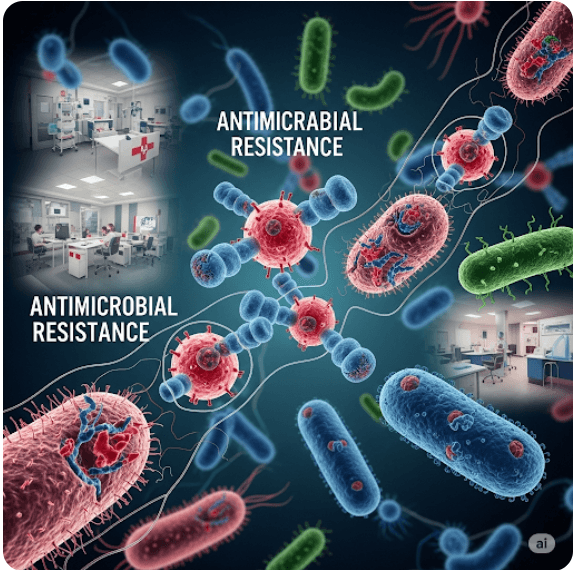
The rapid population growth in Africa is associated with an increasing demand for livestock products which in turn can lead to antimicrobial use. Antimicrobial usage in animals contributes to the emergence and selection of resistant bacteria which constitutes a serious public health threat. This study aims to review and summarize the available information on highest priority critically important antimicrobials (HPCIAs) resistance in livestock production in Africa.
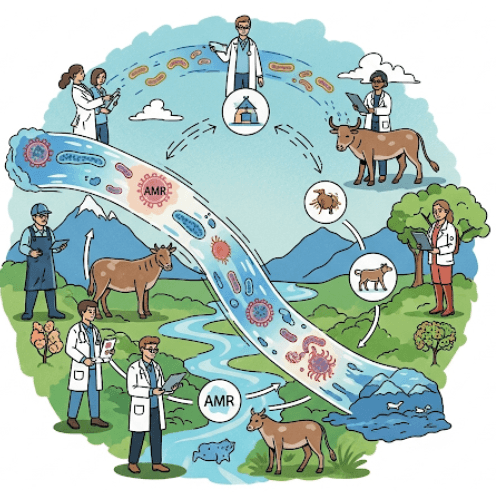
Antimicrobial resistance (AMR) is widely acknowledged as a global health problem, yet in many parts of the world its magnitude is not well elucidated. A baseline assessment of the AMR prevalence is a priority for implementation of laboratory-based AMR surveillance This review, focused on a One health approach, aimed at describing the current status of AMR in Cameroon.
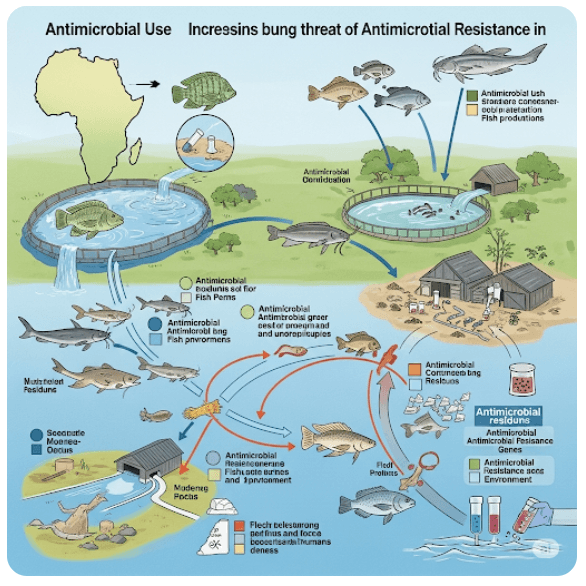
In low- and middle-income countries, data on antimicrobial use (AMU) and antimicrobial resistance (AMR) in aquaculture are scarce. Therefore, summarizing documented data on AMU, antimicrobial residue (AR), and AMR in aquaculture in Africa is key to understanding the risk to public health. Google Scholar, PubMed, African Journals online, and Medline were searched for articles published in English
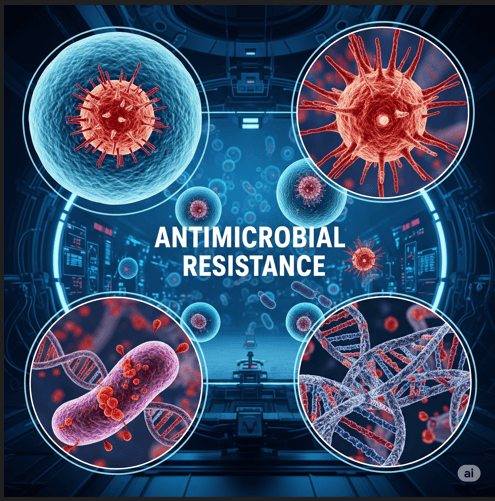
The use of antibiotics in food animals and the nonobservance of the withdrawal period might result in the accumulation and persistence of residues in foods. The contamination of foods by antibiotic residues might induce health risks including allergy, gastrointestinal dysbiosis, antimicrobial resistance, and cancer to consumers. Therefore, this study was initiated to investigate the presence of antibiotic residues
